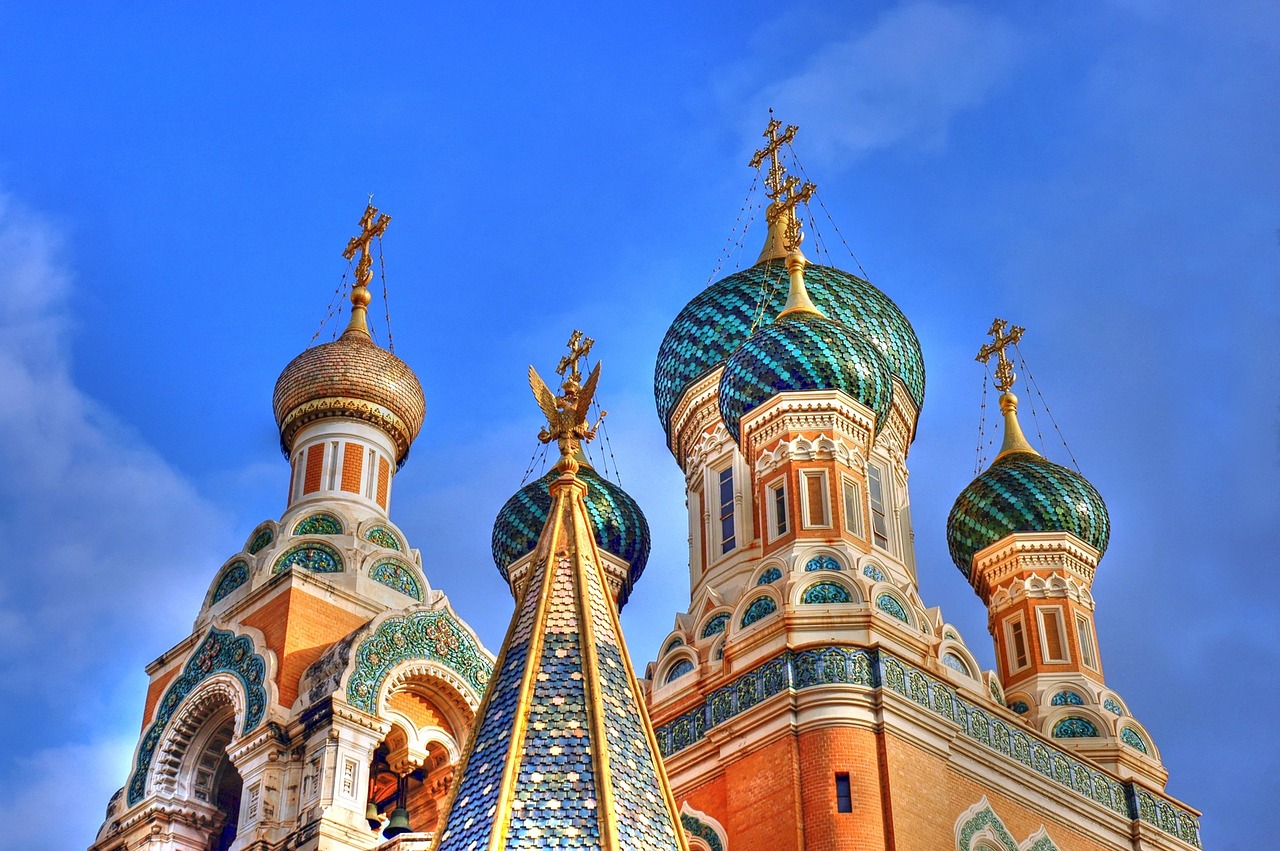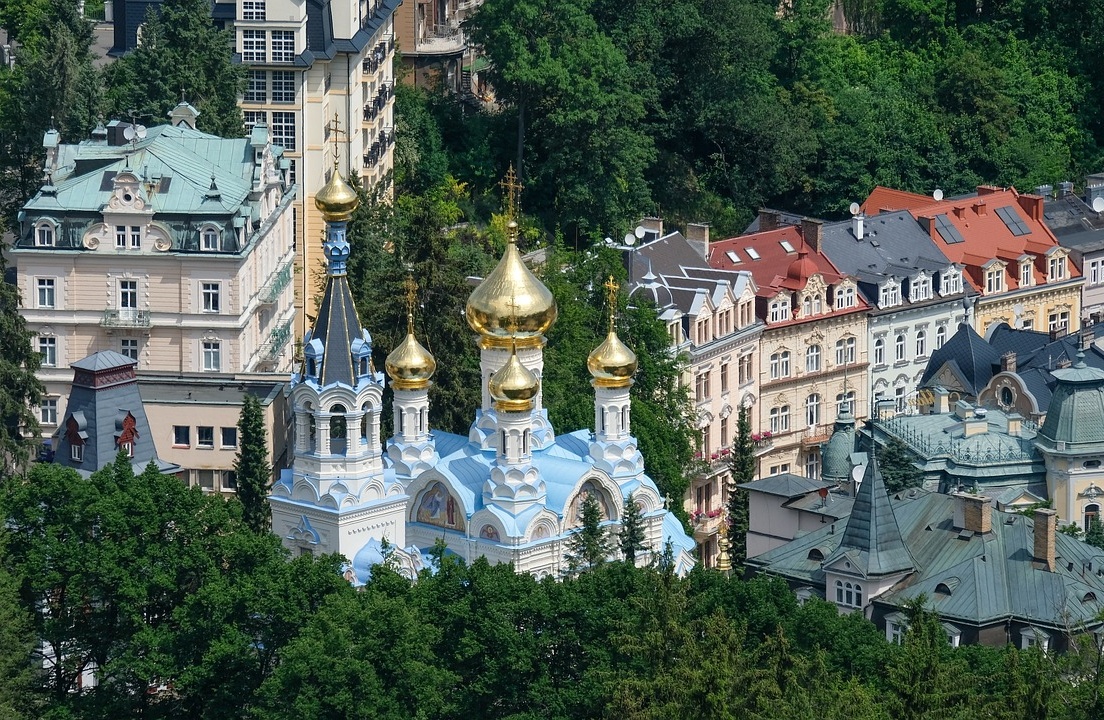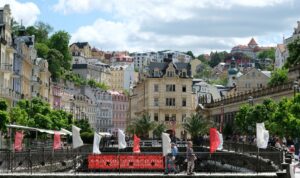
Tristan Azbej expressed the government's stance at the Berlin religious conference.Continue reading

Karlsbad (Karlovy Vary) in Western Czechia is a gem among European spa towns. For decades the small town has been increasingly popular with Russian citizens, who have bought up many of the town’s spas, hotels, restaurants and apartments. The war in Ukraine has thrown a spanner in the works though, and the Russian Orthodox Church in the Czech Republic has found itself in the crosshairs of those eager to make life difficult for the Russian diaspora.
Until the beginning of this year, the ornate Church of St. Peter and Paul in Karlovy Vary was in the ownership of the Russian Orthodox Church. However, according to the land registry, it has recently been transferred into the ownership of its Hungarian branch. Both the Russian and Hungarian Orthodox Churches fall under the Moscow Patriarchate, reported the Czech news portal Novinky.
The transfer from the Russian Orthodox Church in the Czech Republic to the Russian Orthodox Church’s Hungarian Diocese includes the church building, as well as the land around it. Fears for freezing Russian assets have been quoted as the reasons for the transfer, since the government of Petr Fiala has been exceptionally vocal in calling for sanctions and other punitive actions against Russia. In their interpretation the Russian Orthodox Church supports the war in Ukraine.

Karlsbad. Photo: Pixabay
The church’s priest, pop Nikolai Vasilyevich Lishchenyuk has lost his honorary citizenship of the city just this year for allegedly praising the Russian military foray into Ukraine in his sermons. He was expelled from the Czech Republic last year. Some have alleged that meetings were held at the Karlovy Vary parsonage to discuss how to encourage distrust of the European Union in European countries. In the Czech media he was also accused of espionage. Lishchenyuk was the highest representative of the Russian Orthodox Church for the Czech Republic and Slovakia, and was said to be close to Patriarch Kirill of Moscow, who was also placed on the Czech Republic’s sanctions list.
In contrast to the Czech Republic, the Russian Orthodox Church in Hungary enjoys the protection of the Hungarian government, and is able to worship freely without the fear of sanctions and asset freezes. Last year in December Patriarch Kirill congratulated Prime Minister Viktor Orbán on the Feast of the Nativity of Christ and the New Year. In his message he emphasized that “this feast inspires Christians to work with special zeal for the benefit of their neighbors, to contribute to the strengthening of social harmony, as well as to show active care for the defenseless and needy”.
At the end of August last year, Ukrainian President Volodymyr Zelenskyy signed a law enabling the banning and expulsion of the Ukrainian Orthodox Church. At the time, Tristan Azbej, Secretary of State for the Aid of Persecuted Christians, stated that the Hungarian government expressed its concerns about the ban and the serious state interference in the internal affairs of the Orthodox Church in the Baltic Countries as well as in Ukraine.
The Hungarian government shares the concerns of the church leaders and believes that the fact that Ukraine faces Russian aggression and is waging a defensive war cannot justify a severe infringement on religious freedom,”
wrote the Secretary of State.
Via Novinky.cz; Featured Image: Pixabay